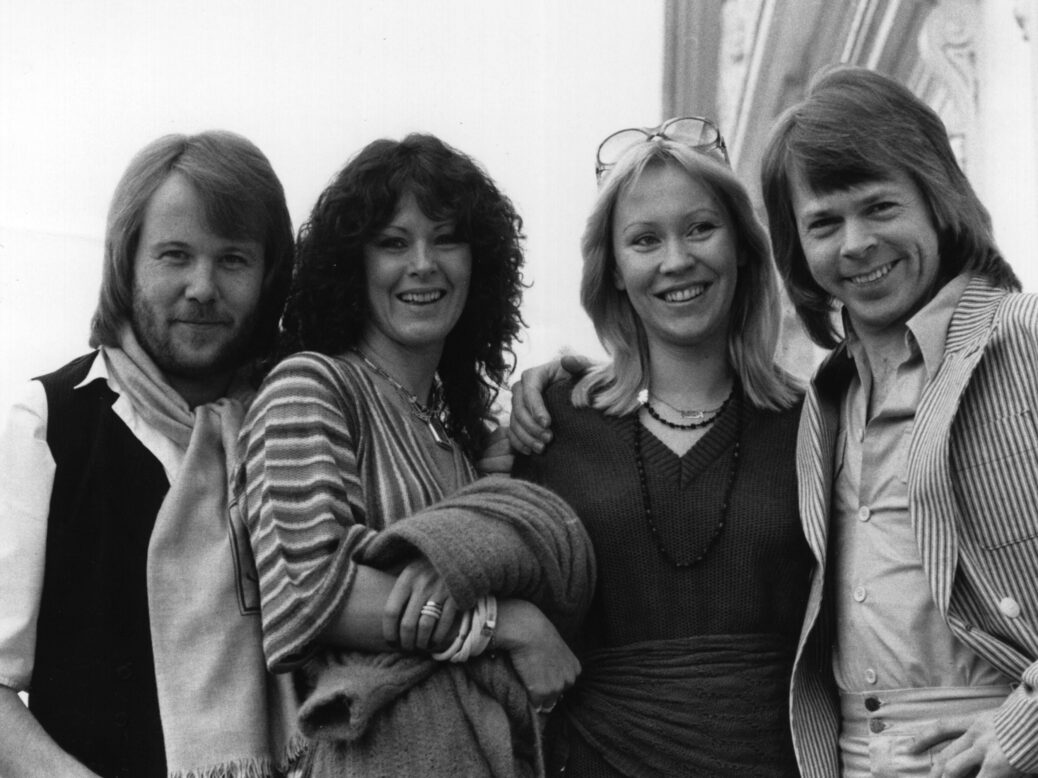
After winning the Eurovision Song Contest with “Waterloo” in 1974 – the first Swedish contestants to do so – Abba became famous almost overnight. But it wasn’t until a few years later that they became true superstars. By the time they released “The Album” in December 1977, Abba were fresh off a tour of Europe and Australia, with multiple number-one hits and a movie on the way. They were universally accessible: their Eurovision entry was unique because they sang in English rather than their native Swedish. In this review of that record, Mark Kidel writes that Abba “might as well come from any town in the world with a hamburger joint and a Holiday Inn”. Kidel is wary of Abba’s universal success – their shiny, joyous accessibility represents a kind of mass-media flattening of culture. And yet he cannot help but recognise Abba’s irresistible hooks, “flawless production” and songs that “glitter with cleverness and charm”. “They have elevated the middle of the road to a cult,” he writes, “and there is no doubt that they do it with consummate panache.”
***



